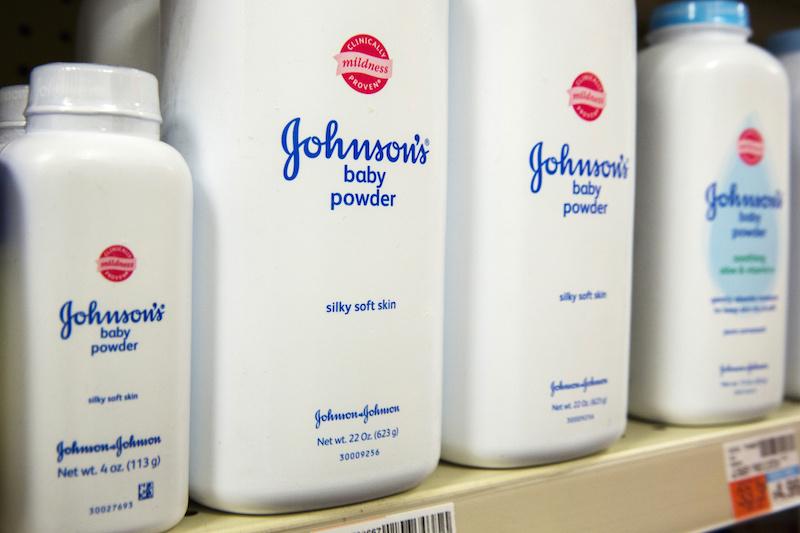OAKLAND, Calif.—Johnson & Johnson must pay $29 million to a woman who claimed its baby powder gave her terminal cancer, a California jury ruled on March 13.
A Superior Court jury in Oakland found the world’s largest health care company mainly liable for Teresa Leavitt’s mesothelioma. The verdict said that the baby powder was a “substantial contributing factor” in her illness.





